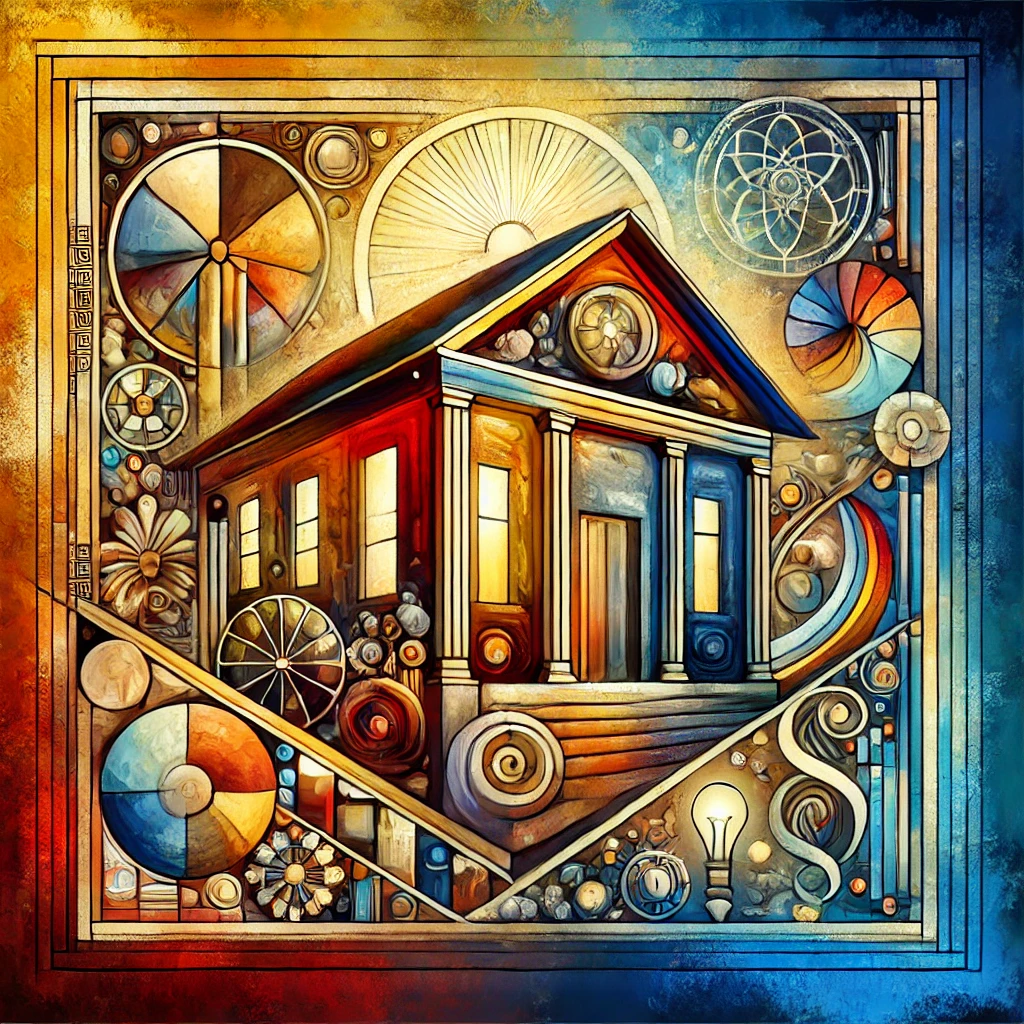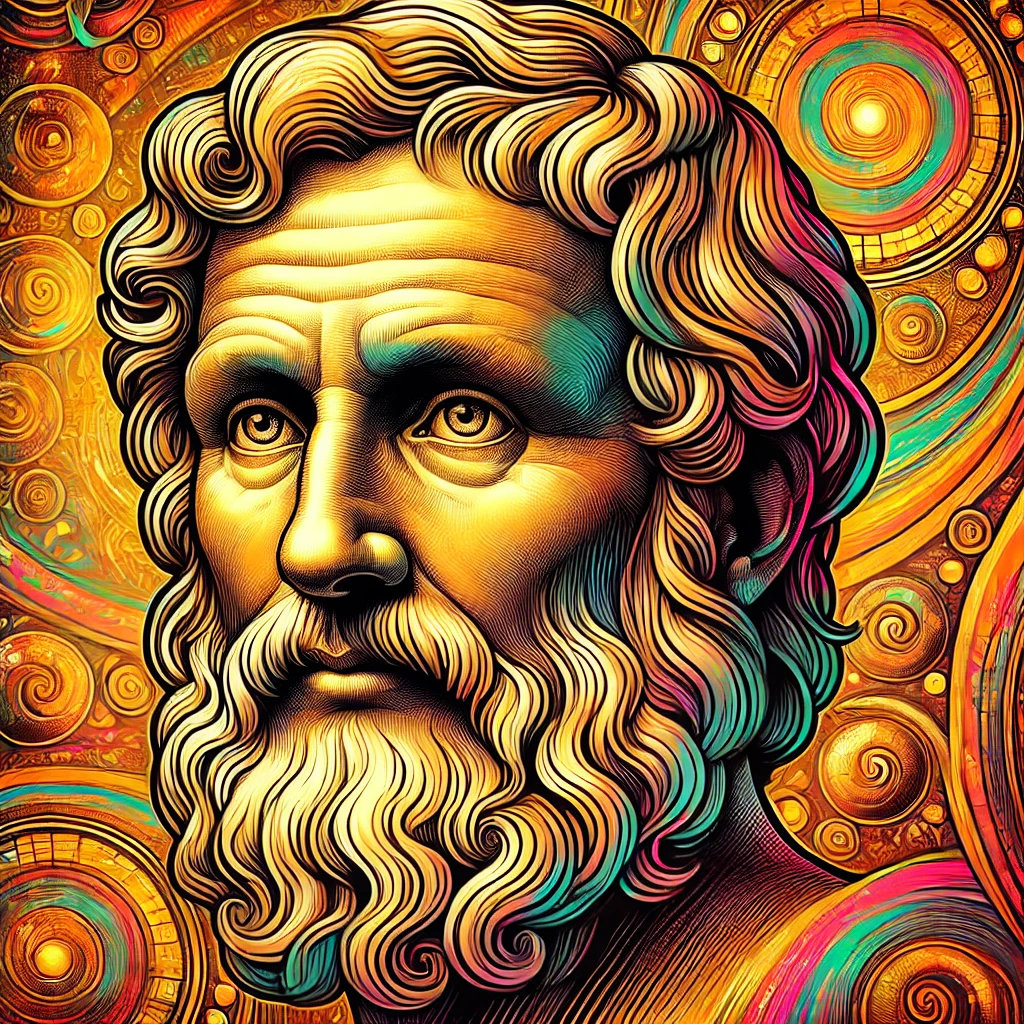Renaissance Humanism

Place of Origin: Europe (primarily Italy during the Renaissance)
Century of Origin: 14th-16th Century CE
Associated Philosophers:
Overview of Renaissance Humanism
Renaissance Humanism was a cultural and intellectual movement that emerged in Europe during the 14th to 16th centuries, centered around the study of classical antiquity. It placed a strong emphasis on human potential, individual achievement, and the study of classical texts from ancient Greece and Rome. Unlike the medieval focus on religious matters, humanism encouraged the exploration of secular subjects like philosophy, literature, art, and science.
Renaissance Humanism shifted away from the medieval metaphysical view that emphasized divine intervention in all aspects of life. Instead, humanists focused more on the individual's capacity for reasoning and their ability to understand the world through direct experience and reflection. While still believing in God, many humanists saw the natural world and human experience as valuable in their own right, placing humans at the center of the intellectual universe.
Humanism revived the classical method of seeking knowledge through reason, observation, and empirical evidence. Humanists believed that by studying the works of classical philosophers like Aristotle, Cicero, and Plato, one could develop a deeper understanding of the world. Critical thinking and questioning medieval scholasticism were central to humanist philosophy, emphasizing the importance of education for personal and societal improvement.
Humanism placed a strong emphasis on moral philosophy and the idea that humans have the capacity to choose between right and wrong. Renaissance humanists advocated for civic responsibility and contributing to society. They believed that individuals should strive for virtue through education, reason, and the pursuit of excellence.
The logic of Renaissance Humanism was based on classical forms of argumentation and reasoning, such as the Socratic method and Aristotelian logic. Humanists revived these ancient practices, emphasizing clear reasoning and debate as the best methods for uncovering truth, rejecting medieval scholastic traditions that were seen as abstract and overly theological.
Renaissance Humanism greatly influenced art and literature, with an emphasis on naturalism, balance, and human beauty. Humanist artists like Leonardo da Vinci and Michelangelo celebrated the beauty of the human form and nature, blending religious themes with a deep appreciation for human anatomy and the natural world.
Renaissance Humanism employed a methodology centered around the study of classical texts from ancient Greece and Rome. Humanists believed that by returning to the original sources, they could recover the lost wisdom of the ancients. They used philology to interpret ancient texts and emphasized reason, dialogue, and rhetorical skills as important tools for intellectual and moral development.
Renaissance Humanism fundamentally altered how humans viewed themselves. Rather than seeing humans as flawed beings in need of salvation, humanists argued that people had innate dignity and worth. They believed humans had the capacity for greatness through education and self-reflection, and emphasized individualism.
Humanists like Niccolò Machiavelli and Leonardo Bruni emphasized civic engagement and the role of individuals in shaping political life. Machiavelli's writings, particularly *The Prince*, explored power dynamics and leadership, reflecting humanist ideals of studying human behavior through historical examples and real-world observation.
Renaissance Humanism revived classical philosophy from ancient Greece and Rome, spreading across Europe during the 14th to 16th centuries. It was spearheaded by scholars like Petrarch and Erasmus and laid the foundation for the later Enlightenment, emphasizing individualism, reason, and education.
Key themes in Renaissance Humanism include the dignity of man, individualism, the revival of classical learning, and the power of education to transform society. The movement marked a shift from religious-dominated thought to a more secular and worldly approach to knowledge.
Key figures include Petrarch, often called the 'father of Humanism,' and Erasmus of Rotterdam, who promoted education and reform within the Church. Niccolò Machiavelli also contributed significantly to political philosophy through his pragmatic exploration of power in works like *The Prince*.




